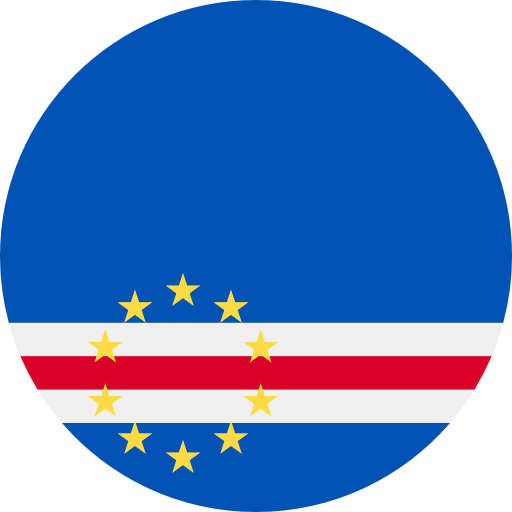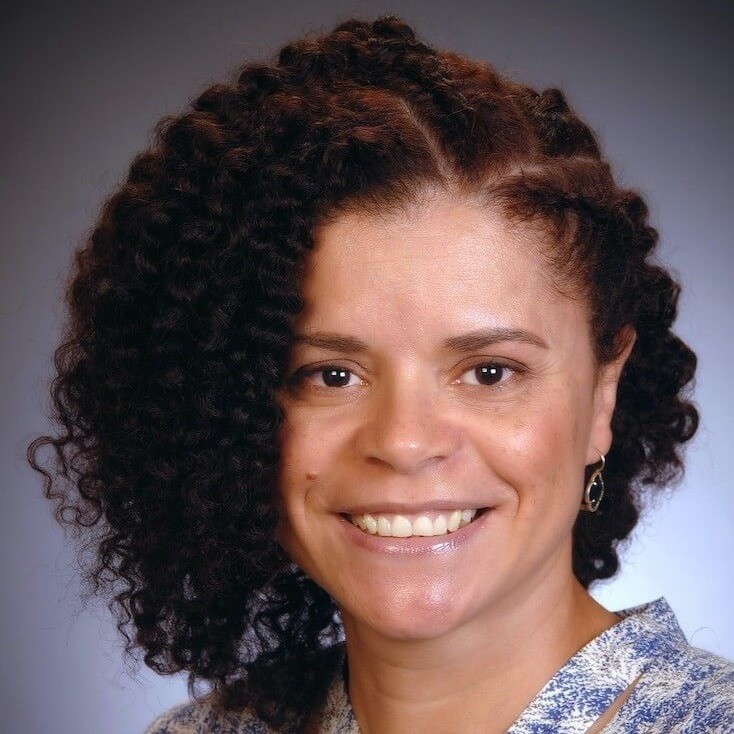What is your educational background?
I am a physician (Dr. Veronica Maria Pimentel, MD, MS, FACOG). I am double-board certified in Maternal-Fetal Medicine (from Albert Einstein College of Medicine) and Obstetrics and Gynecology (from Boston University Medical Center). During my MFM fellowship, I focused on clinical and global health research. I spent a summer in Rwanda conducting research and assisting with resident education. Before attending the University of Connecticut School of Medicine, I obtained a Master’s of Science from Purdue University. I completed both high school and undergraduate in the U.S.
What is your current occupation?
I am a practicing high-risk obstetrician (MFM) and Assistant Professor of ObGyn. I also conduct women’s health research and advocacy.
What or who got you into STEM?
I grew up near the local hospital and was always fascinated by medicine and science. I wanted to make the world a better place by finding solutions to common problems and help people live healthier lives.
What is the biggest challenge/barrier you have faced as an African in STEM?
My biggest challenges I faced were overcoming pre-conceived notions of what people from my background are supposed to be or do and having the finance necessary to achieve my goals.
How do you think your background/upbringing has been beneficial in your journey/career?
My background helped have the determination, strong work ethic and hope needed to dream big and keep going. I was fortunate to be raised by a mother who was a bright, caring and independent businesswoman. She was my best role model. She supported my educational goals and encouraged my spirit of curiosity and independence. She encouraged me to become the best I could be and thought instituted in me a sense of pride, responsibility and purpose.
How do you think we can start to change the narrative surrounding African contributions
to global STEM research & careers?
We need to get to know those who are making difference in their fields, have strong representation in all levels and be our best advocates. As much as possible, we need to collaborate with and mentor each other.
What advice would you like to give to young, aspiring Africans in STEM?
Don’t let fear hold you back. Invest in yourself. Seek alternative options to accomplish your goals. Take advantage of small and big opportunities. Find inspirational role models.
Do you have any projects you’re working on that you would like us to highlight?
Besides research and mentorship, I am writing on a book about pregnancy that is based on my own personal experience as an expecting mother and an obstetrician. I’m telling compelling stories that also provide the readers with significant knowledge about pregnancy issues.






